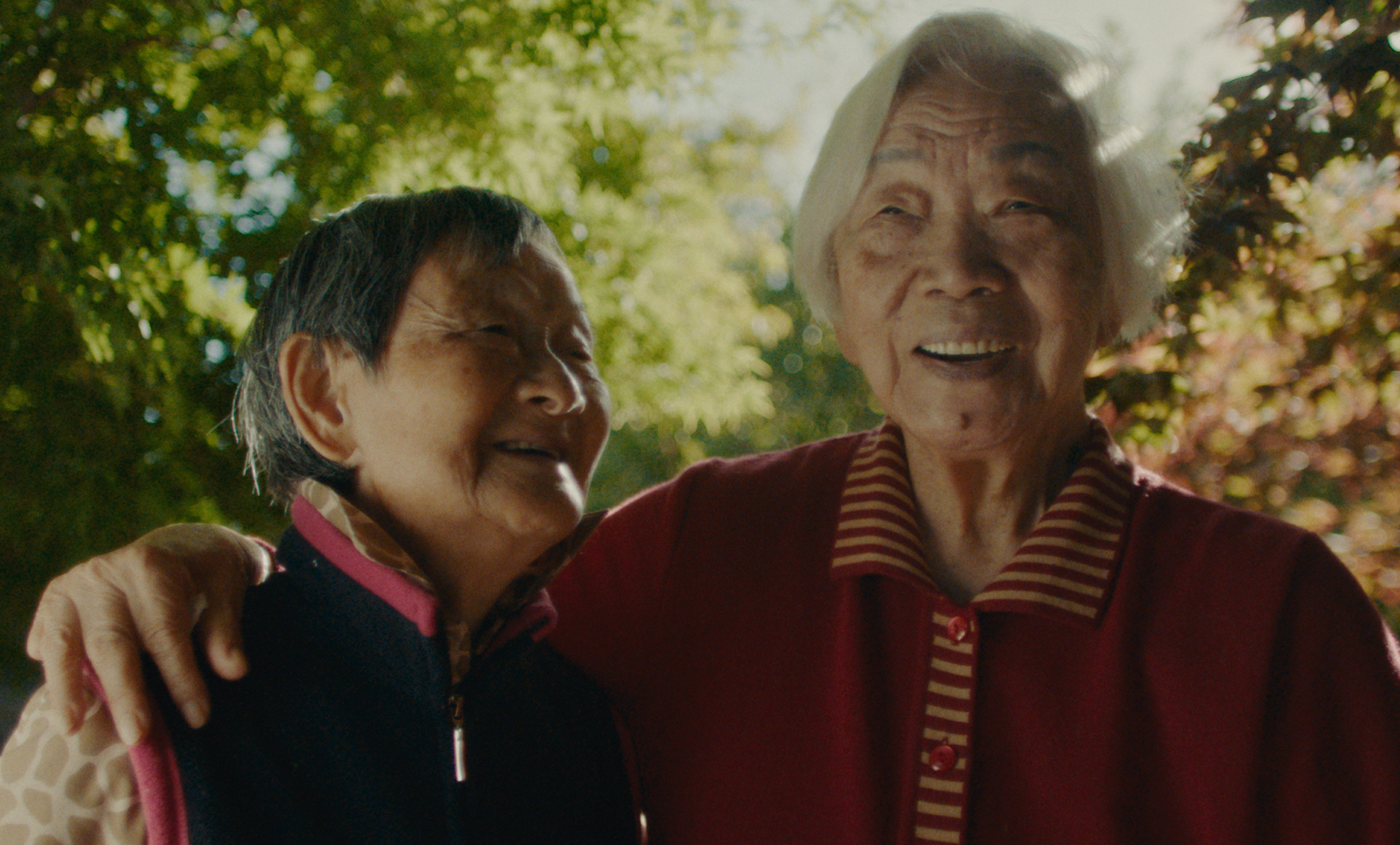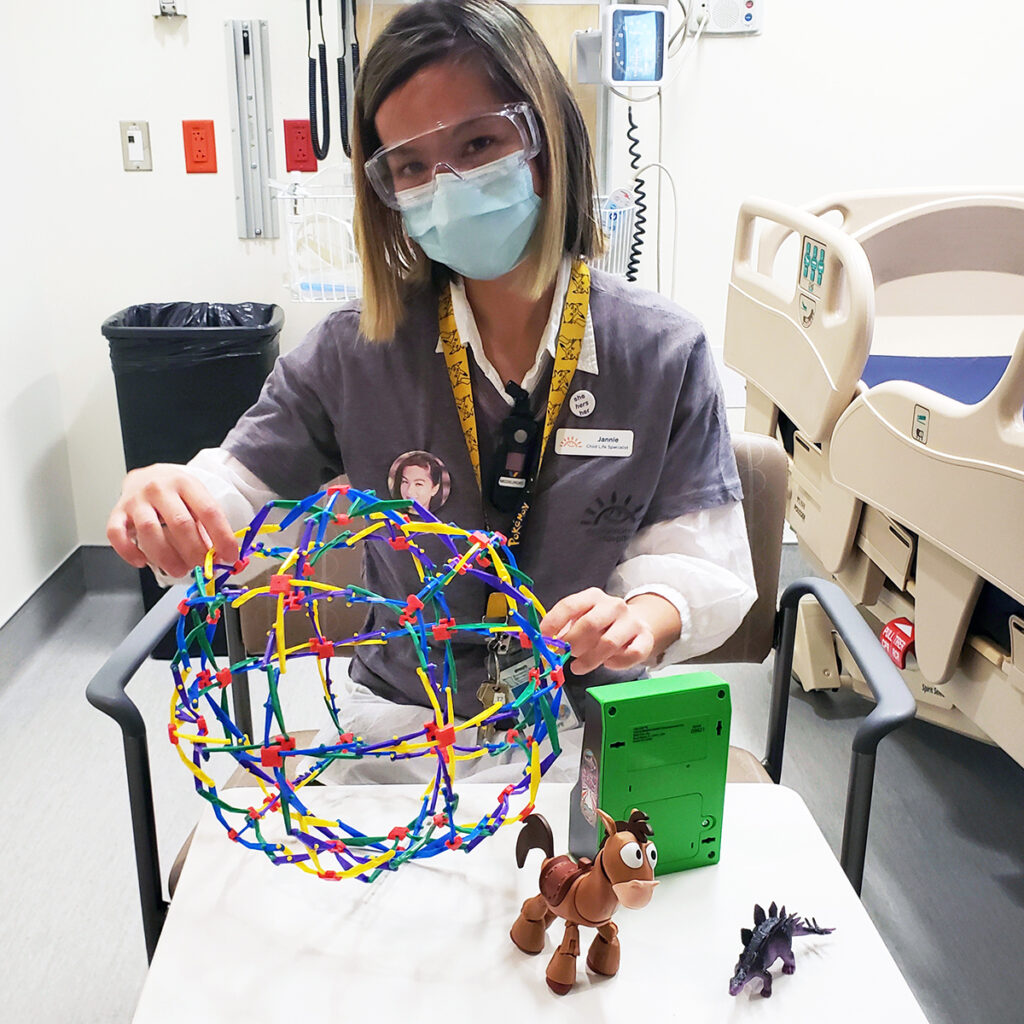It was the spring of 2021 and Sean Wang was living at home, in the Bay Area. He had only been there for a month, but it was the first time in a while that the 30-year-old filmmaker would be spending an extended amount of time with his nǎi nai (paternal grandmother) and wài pó (maternal grandmother). “It was this month-long period of getting to be with them and experiencing their daily mundane routines of life that I hadn’t gotten to see since leaving home,” Wang says.
While living with nǎi nai and wài pó, he began to notice the pure joy and zest for life that the elderly women had. “Everytime we were in the same room together, I could just feel that joy, see them light up, and I would light up as a result. It was just so pure,” recalls Wang.
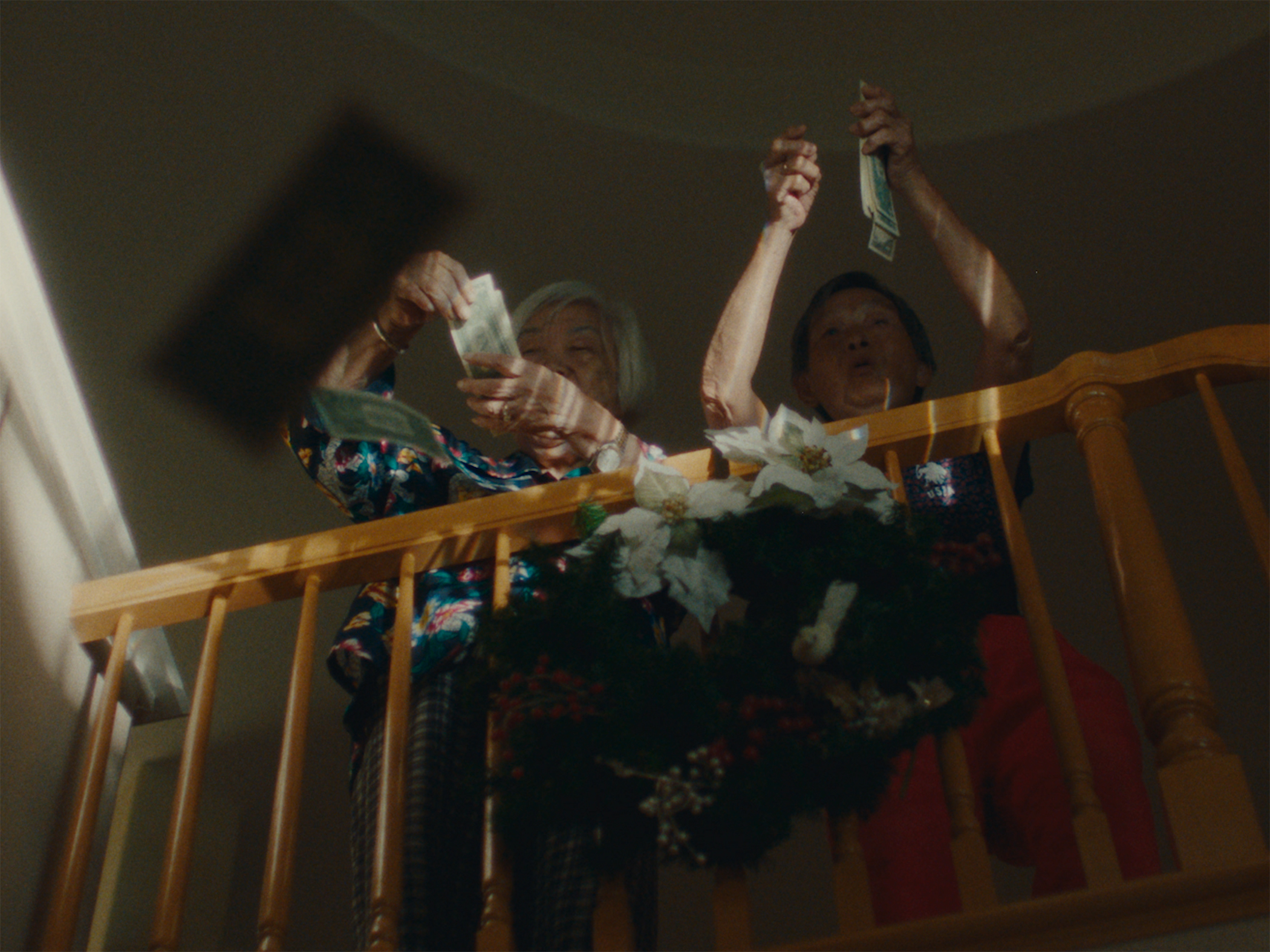
At the same time, anti-Asian hate was on the rise—with a number of hate crimes perpetrated against Asian elders happening close to where Wang and his grandmothers live. The juxtaposition between joy and the fear that his nǎi nai and wài pó felt was captured lovingly by Wang. The resulting short film, aptly titled Nǎi Nai and Wài Pó, is a beautiful portrait of two women who have lived a lot of life and maintain a positive outlook despite grief and fear. Nominated for the Academy Award for Best Documentary Short Film, Nǎi Nai and Wài Pó is “an antidote to everything in the media about [Asian elders] being victims,” Wang says. “I wanted to make something that was a container of all of their humanity and give them a way to be seen in a culture that was overlooking them.”
“I wanted to make something that was a container of all of their humanity and give them a way to be seen in a culture that was overlooking them.”
The short perfectly balances all of the grandmas’ moods—from their energetic dance parties and the fart jokes that they share as they tease one another, to somber moments like going through their phone books and thinking about their friends who’ve passed. One moment in particular, in the middle of the film, shows nǎi nai and wài pó reading the newspaper—which they do everyday—discussing how scary the news feel and how they hadn’t gone to the market in a year. That small moment feels like a microcosm for the whole film: it takes out the political and focuses on the human impact that anti-Asian hate has.
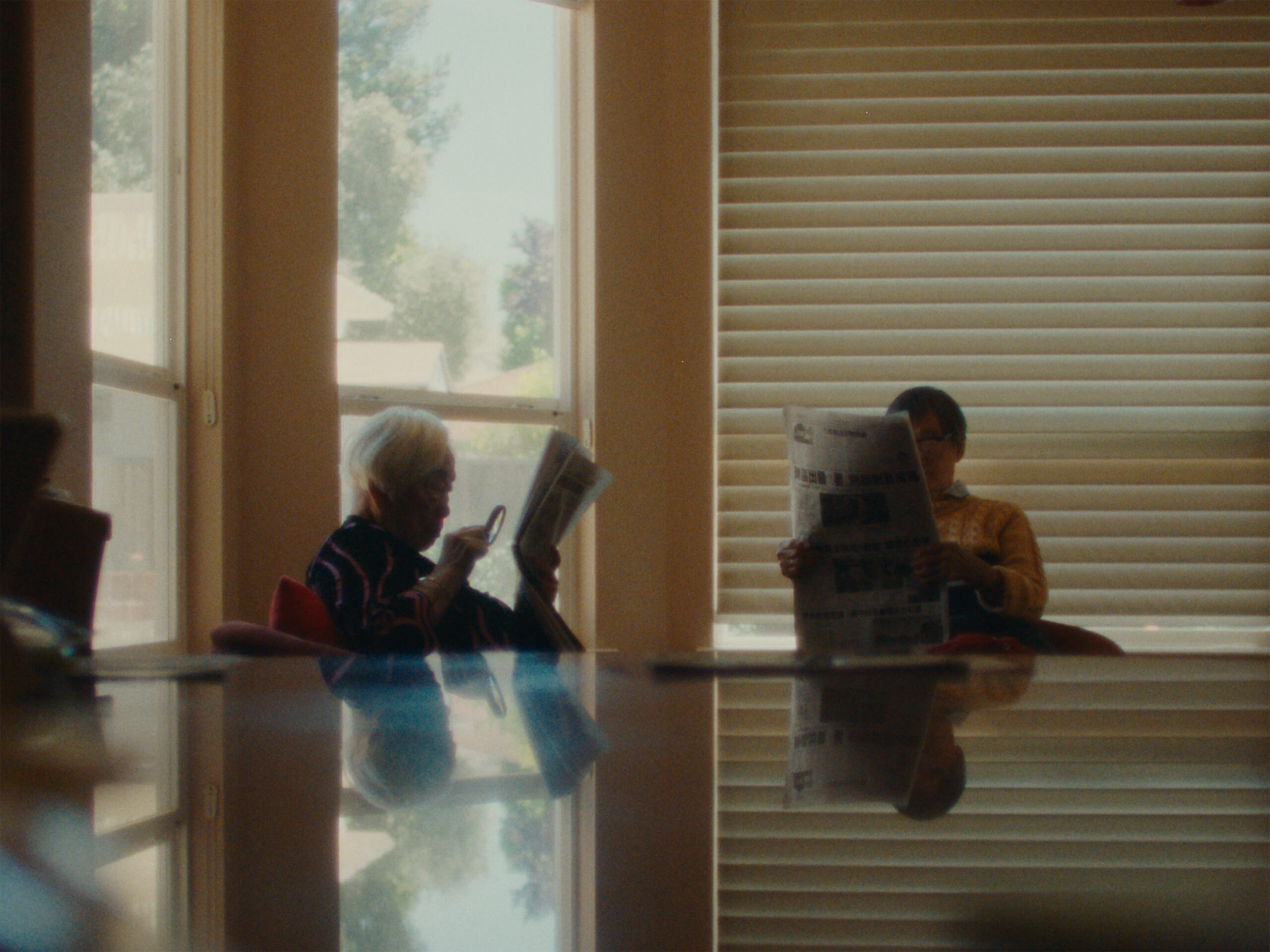
Though the success and Oscar nod is amazing, Wang says that the best part of making the film is how much closer he got to his grandmothers. The director says that while there’s all the “silly stuff” he captured, making the documentary gave him license to talk to his nǎi nai and wài pó about things “we don’t talk about at the dinner table,” he says. Things like death, yes, but also what their lives were like before they became his grandmothers. “We were connecting on a human to human level.” Ultimately, Wang wants audiences to “see how much humanity” the two women have. “And I hope they apply it to people—grandmothers, siblings, loved ones, friends—in their own lives.”
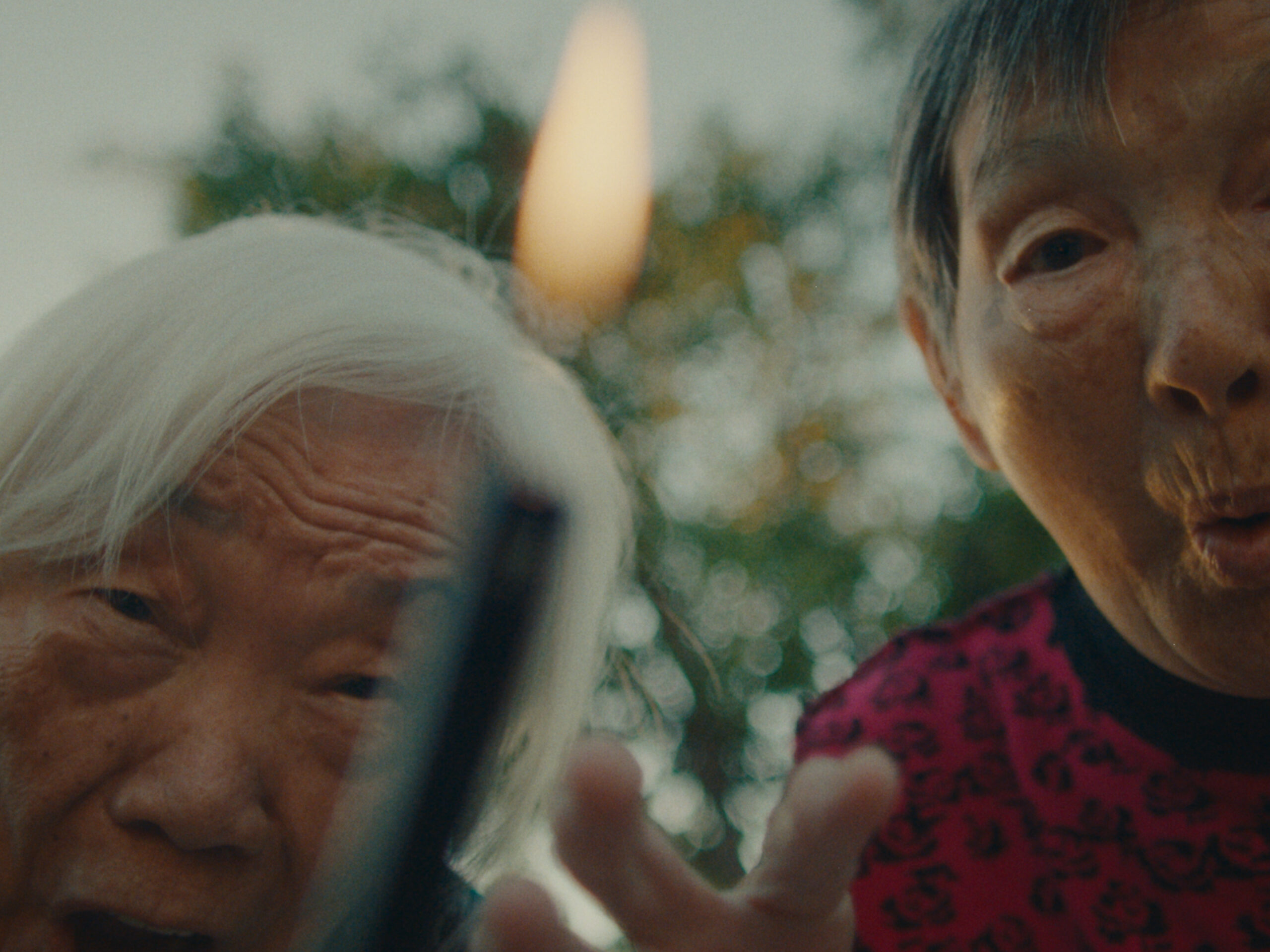
And yes: nǎi nai and wài pó will be going to the Oscars in March with Wang. “I’m the plus one,” Wang says, laughing. “It’s been tough. They’re too famous for me now. They’re A-list stars and they say ‘Sean, go talk to our assistant.’”
Nǎi Nai and Wài Pó is now available on Disney+ and Hulu.
Like this post? Follow The RepresentASIAN Project on Instagram, TikTok and YouTube to keep updated on the latest content.







